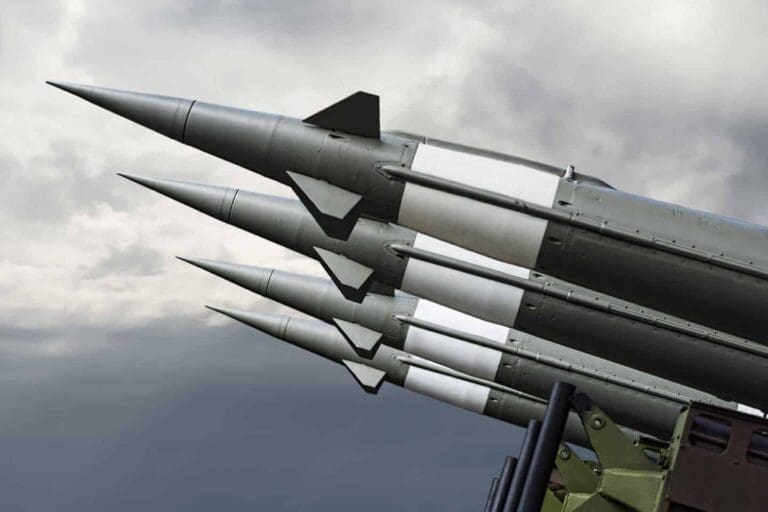APA-Dakar (Senegal) – The treaty, which was adopted by the United Nations Conference on July 7, 2017, aims to eliminate nuclear weapons.
Among the 92 countries that have signed the Treaty on the Prohibition of nuclear weapons (TIAN) are those in West Africa, such as Cabo Verde, Gambia, Benin and Nigeria. Sixty-eight others have ratified it. But Senegal has yet to sign this UN instrument, adopted in 2017 to prohibit the development, testing, production, stockpiling, transfer, use and threat of use of nuclear weapons, because of the catastrophic humanitarian consequences their use would entail.
In order to persuade Senegal’s Head of State, Macky Sall, to sign the TIAN, parliamentarians are invited to engage in an awareness-raising and advocacy campaign with government authorities, in this case those in the Ministry of Foreign Affairs, who must work towards its signature. “This is an important treaty. So, parliamentarians need to push for its signature. Some West African countries have already signed. Senegal is a standard bearer when it comes to signing international treaties,” said Abdou Mbow, President of the Legal Commission of the National Assembly.
He was speaking to the press on the sidelines of a civil society capacity-building forum on the universalization of the Treaty on the Prohibition of nuclear weapons and the promotion of peace in West Africa. The meeting was initiated by the Réseau des anciens jécistes d’Afrique/Sénégal (RAJA/S).
The Treaty on the Prohibition of nuclear weapons, the second session of which will be held in New York from November 27 to December 1, 2023, provides for a time-bound process leading to the verified and irreversible elimination of their nuclear weapons programs. It reaffirms the disarmament clause in Article VI of the Treaty on the Non-Proliferation of nuclear weapons.
Fearing a “nuclear war”, Mamadou Lamine Thiam, President of the Liberty & Democracy parliamentary group, argued that “the use of nuclear energy in both its military and civilian forms is a problem”.
In this sense, he called for a “commitment” at all levels, through a working group bringing together parliamentarians and civil society, to urge the President of the Republic to sign the TIAN. “After that, we parliamentarians will also work for its ratification,” said Mamadou Lamine Thiam. According to Dénis Ndour, President of RAJA/Sénégal, the sensitization of parliamentarians to advocate for the signing of the TIAN follows a series of conferences with religious leaders, young people and civil society.
Today,” says Mr. Ndour, “it’s the parliamentarians’ turn, because once the Treaty is signed, it must be ratified. And it is the National Assembly that must authorize the President of the Republic to ratify it. That’s why it’s important for them to know the Treaty in order to make their case. What’s surprising is that some West African countries have already signed it. We’re waiting to meet the Prime Minister to find out what’s preventing Senegal from signing. It’s a question of diplomacy, and we mustn’t tarnish Senegal’s diplomatic image by not signing the TIAN.
TE/ac/lb/abj/APA


